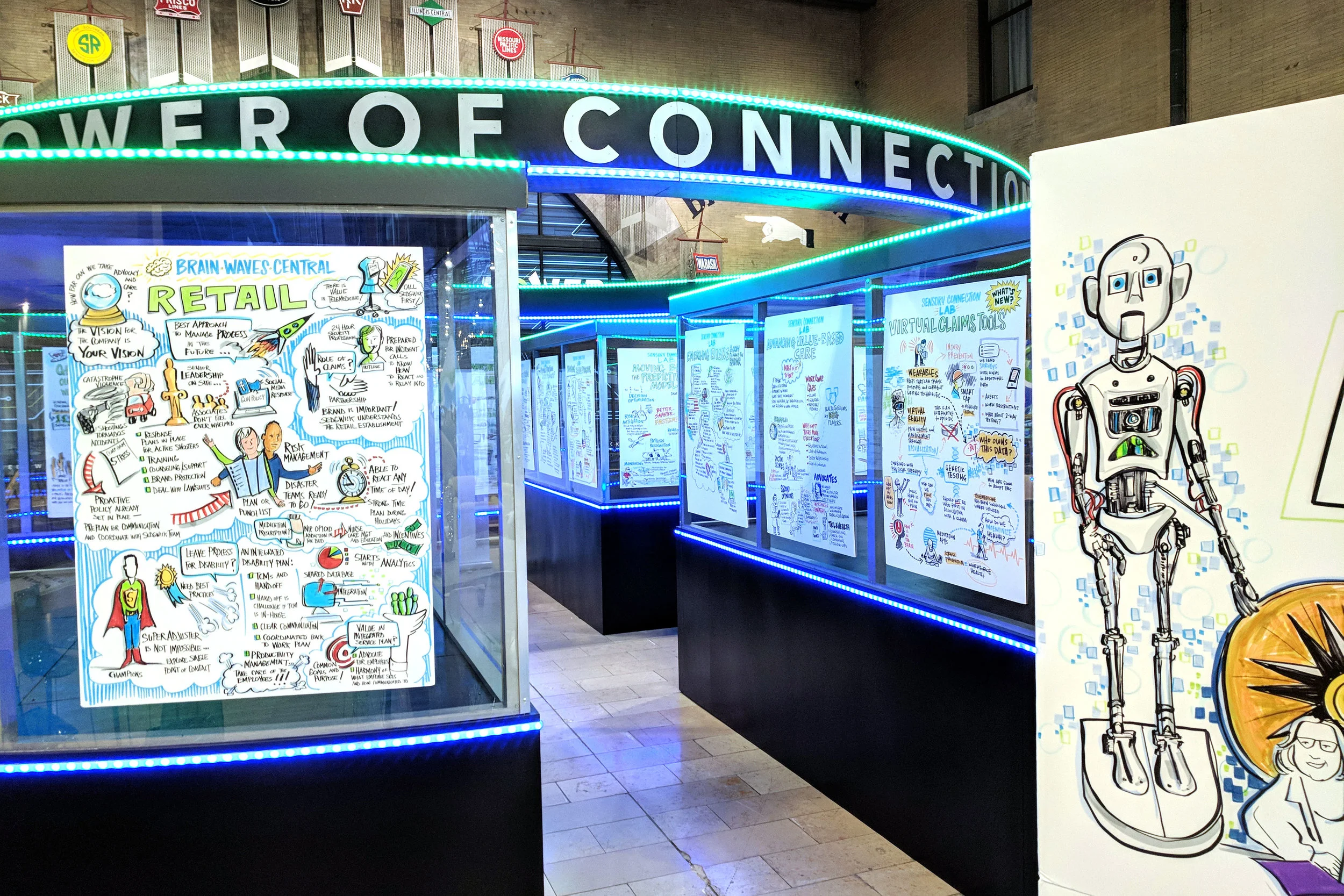Evolution’s recipe for making a brain more complex has long seemed simple enough. Just increase the number of nerve cells, or neurons, and the interconnections between them. A human brain, for instance, is three times the volume of a chimpanzee’s.
The computing capabilities of the human brain may lie not so much in its neuronal network as in the complex calculations that its synapses perform, Dr. Grant said. Vertebrate synapses have about 1,000 different proteins, assembled into 13 molecular machines, one of which is built from 183 different proteins.
These synapses are not standard throughout the brain, Dr. Grant’s group has found; each region uses different combinations of the 1,000 proteins to fashion its own custom-made synapses.
Each synapse can presumably make sophisticated calculations based on messages reaching it from other neurons. The human brain has about 100 billion neurons, interconnected at 100 trillion synapses.









